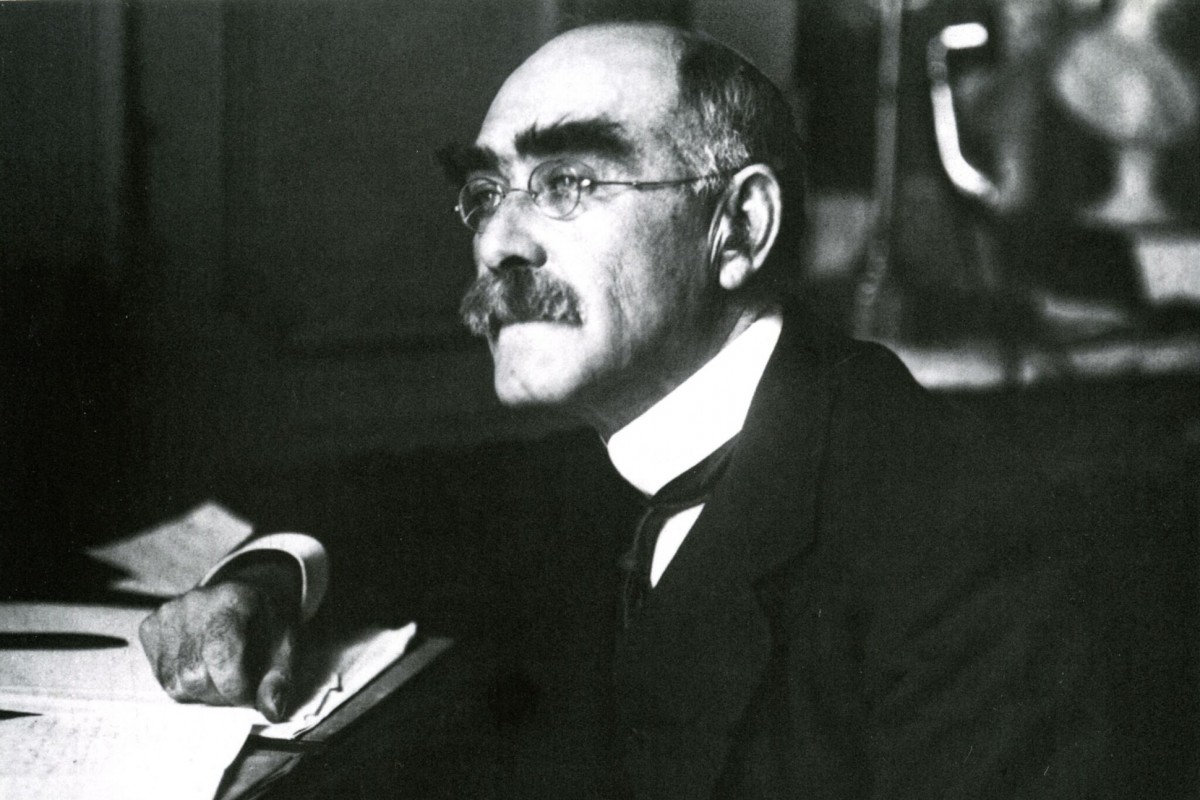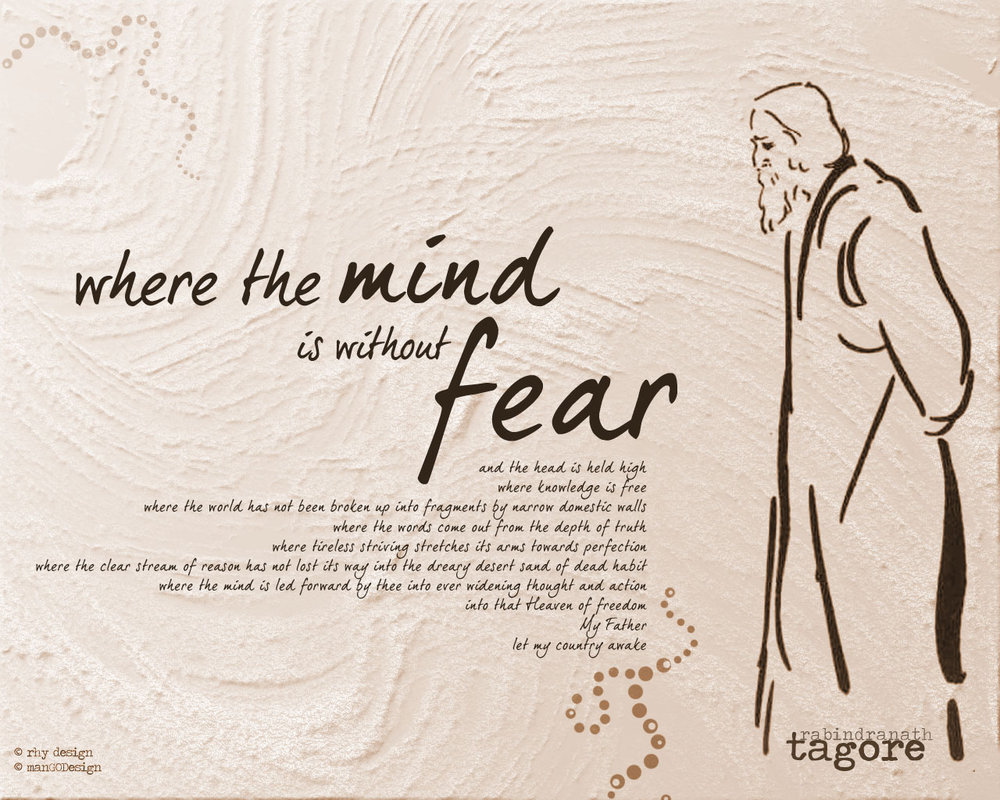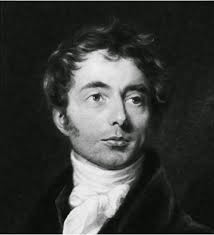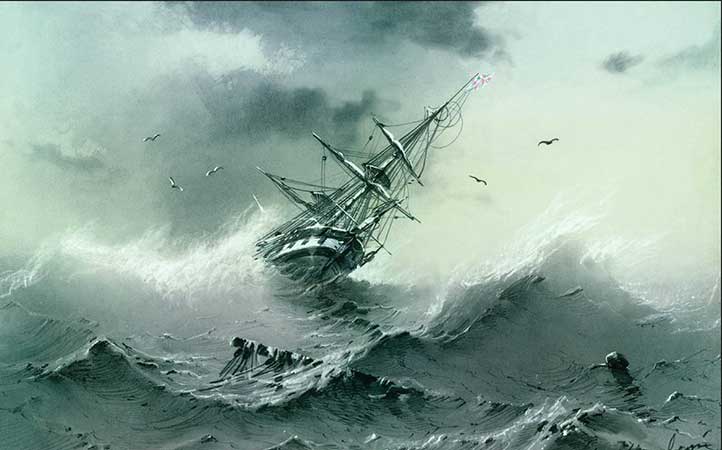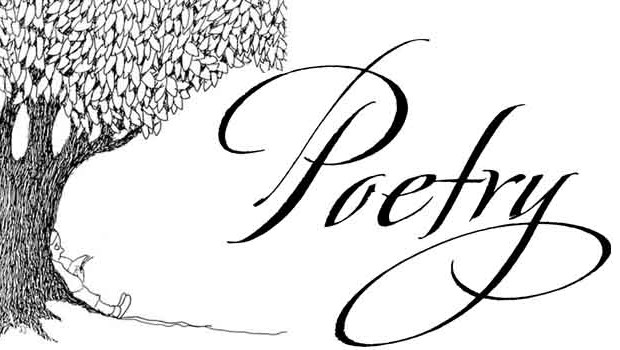About the Poet:
Rudyard Kipling – an English littérateur, well known for his works such as The Jungle Book, Kim, and the iconic poem If, was an eminent poet, a novelist and a prolific writer of short stories. He was born on Indian soil on the 30th of December, 1865 in the city of Bombay, then under the British rule. Leaving his lavish colonial life in India at the age of five to move to England for the sake of his education was the earliest misfortune which Kipling encountered. His foster parents treated him very roughly while he was trying to adjust to his new school. However, things got better when he moved to a boarding school in Devon where his literary career began budding as he assumed the responsibilities of the editor of the school newspaper. Upon returning to India in 1882, Kipling began to work for the newspaper industry and also started his literary career officially, the fruit of which were Department Ditties and other Verses and Plain Tales from the Hills, his first collections of verses and stories respectively.
Towards the early 90s, his reputation as a poet was cemented and his works began to be published in the National Observer which were later compiled in the Barrack-Room Ballads. At this time he was fast becoming one of the most revered poets of the British Empire and the soldiers at war were one of his most preferred subjects. His Barrack-Room Ballads and Soldiers Three contain some of his best works on soldiers. Kipling married Caroline Balestier in 1892 and the couple moved to Vermont in the States, during which time he wrote his Jungle Book and Kim. His Jungle Book went on to make Kipling a name to be reckoned with in the world of children’s literature and Kim, till now remains one of Kipling’s most famous works. He returned to England again in 1896 and published his Captain Courageous. Kipling also visited South Africa extensively and it was during his visit in time of the Boer War that he penned the Just-So Stories.
Kipling finally settled in Sussex with his family in 1992 where he spent the rest of his life devoted to the pen. This man of letters left us on the 18th January 1936. The poet’s other important works include The Seven Seas, The Day’s Work, Trafficks and Discoveries, Debits and Credits, Thy Servant a Dog – for a few to name. Kipling received many honorary degrees and awards in his lifetime such as the Gold Medal of the Royal Society of Literature in 1926 and he turned down many honors as well such as a knighthood and the Poet Laureateship. His contribution to Literature received the most recognition when he was awarded the Nobel Prize in Literature in 1907.
About If:
The poem If was published in 1910 in Kipling’s collection of short stories and verses named ‘Rewards and Fairies’. This poem which is a dictum for a meaningful living had for its inspiration the ‘Jameson Raid’ of 1895 which was a military action taken during the Boer War in South Africa. This raid, led by Leander Starr Jameson, had resulted in a great rush of patriotism in England in spite of being a failure. This was because the English public saw this military action of Jameson and his willingness of take responsibility for its fall, an act of exemplary courage. Kipling was also greatly moved by the patriotic sentiments which the Jameson Raid had ushered all across the island and took inspiration from the same to pen If. In spite of being published in 1910, the poem still remains a staple of inspirational Western Literature as it is a magnificent tribute to the most noble virtues of being human. This poem has been so ingrained in the psyche of the British people that a couplet from it has been engraved above the entrance to Wimbledon’s Centre Court which goes on to reflect the poem’s timeless appeal and the ability of inspire. This poem has motivated a number of great minds. Wayne Dyer while opining on the poem says, “The lofty ideas in his four-stanza poem inspire me to be a better man each time I read it and share it with my children, students, and audiences.”
The Setting of If:
The poem If does not have a conspicuous physical setting. However, after reading the poem one can visualize a setting in which a father is speaking to his son and giving him the most valuable life lesson on how to become a complete man. The token of personal philosophy and wisdom which the father imparts to his son has universal validity. Hence the seemingly domestic setting in which the moral philosophies of the poem are shared assume a much larger universal space.
The Mood of If:
Since the poem If encapsulates within its thirty lines a blueprint for personal integrity, rightful behavior and self-development; the mood of the poem is both didactic and serious. However, the didactic fiber of the poem is not dry and preachy but highly motivational. The urgency and sublimity with which Kipling pens down his moral axioms for becoming a virtuous human being infuses the general mood of the poem with a burst of inspiration.
Here you can also check out our Detailed Video Playlist consisting of the Summary, Analysis and Much More from the Poem:
Some online learning platforms provide certifications, while others are designed to simply grow your skills in your personal and professional life. Including Masterclass and Coursera, here are our recommendations for the best online learning platforms you can sign up for today.
The 7 Best Online Learning Platforms of 2022
- Best Overall: Coursera
- Best for Niche Topics: Udemy
- Best for Creative Fields: Skillshare
- Best for Celebrity Lessons: MasterClass
- Best for STEM: EdX
- Best for Career Building: Udacity
- Best for Data Learning: Pluralsight
